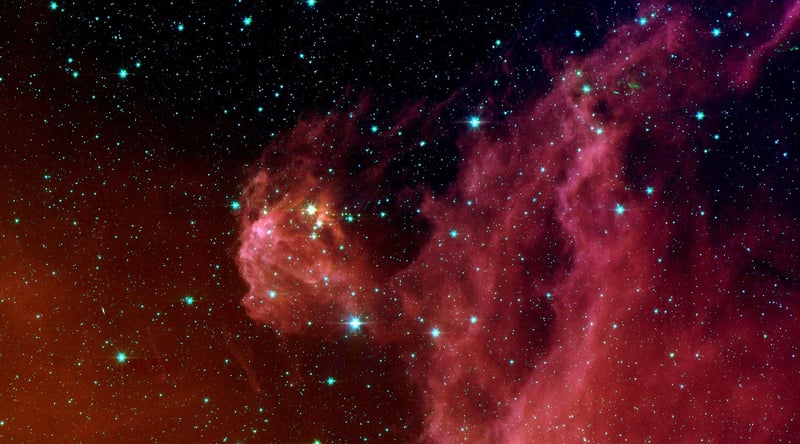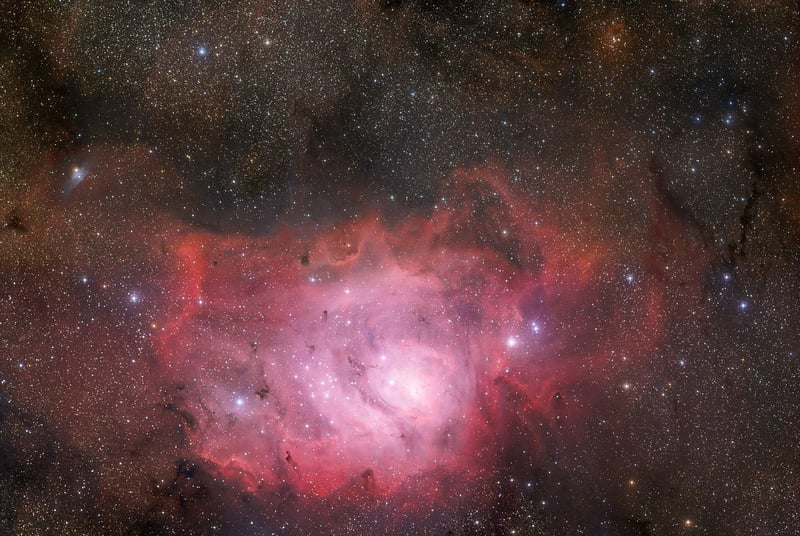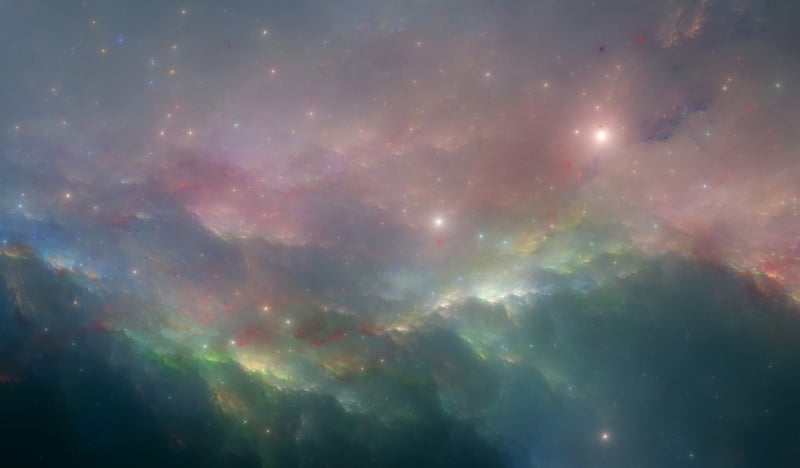Nebulae
The Enchanting Cosmos: Exploring the Wonders of Nebulae
Welcome to a journey through the vast expanse of the cosmos, where we delve into the mesmerizing beauty and mysteries of nebulae. These stunning clouds of gas and dust, often illuminated by nearby stars, are some of the most captivating phenomena in the universe.
What are Nebulae?
Nebulae are massive interstellar clouds of dust, hydrogen, helium, and other ionized gases. These cosmic wonders come in different shapes and sizes, with each nebula displaying unique colors and patterns, making them a visual feast for astronomers and stargazers alike.
Types of Nebulae
There are several types of nebulae, including:
- HII Regions: These are areas of hydrogen gas that are ionized by nearby hot stars, creating vibrant red and pink hues.
- Planetary Nebulae: Formed from the outer layers of a dying star, these nebulae often exhibit symmetrical shapes and intricate patterns.
- Supernova Remnants: Resulting from the explosive death of a massive star, these nebulae showcase the raw power and energy of the universe.
The Beauty of Nebulae
One of the most famous nebulae is the Orion Nebula, located in the constellation of Orion. Its vivid colors and swirling clouds of gas and dust have captivated skywatchers for centuries.

Another spectacular nebula is the Eagle Nebula, known for its iconic "Pillars of Creation." These towering columns of gas and dust are stellar nurseries where new stars are born.

Exploring Nebulae
Thanks to advancements in telescopes and space exploration, scientists can study nebulae in great detail, unraveling their composition, dynamics, and role in the cosmic cycle of star formation and destruction.
Whether you're a seasoned astronomer or an amateur stargazer, the allure of nebulae never fails to inspire wonder and awe at the sheer grandeur and beauty of the universe.
So, next time you gaze up at the night sky, remember that beyond the twinkling stars lies a world of majestic nebulae waiting to be discovered and admired.
